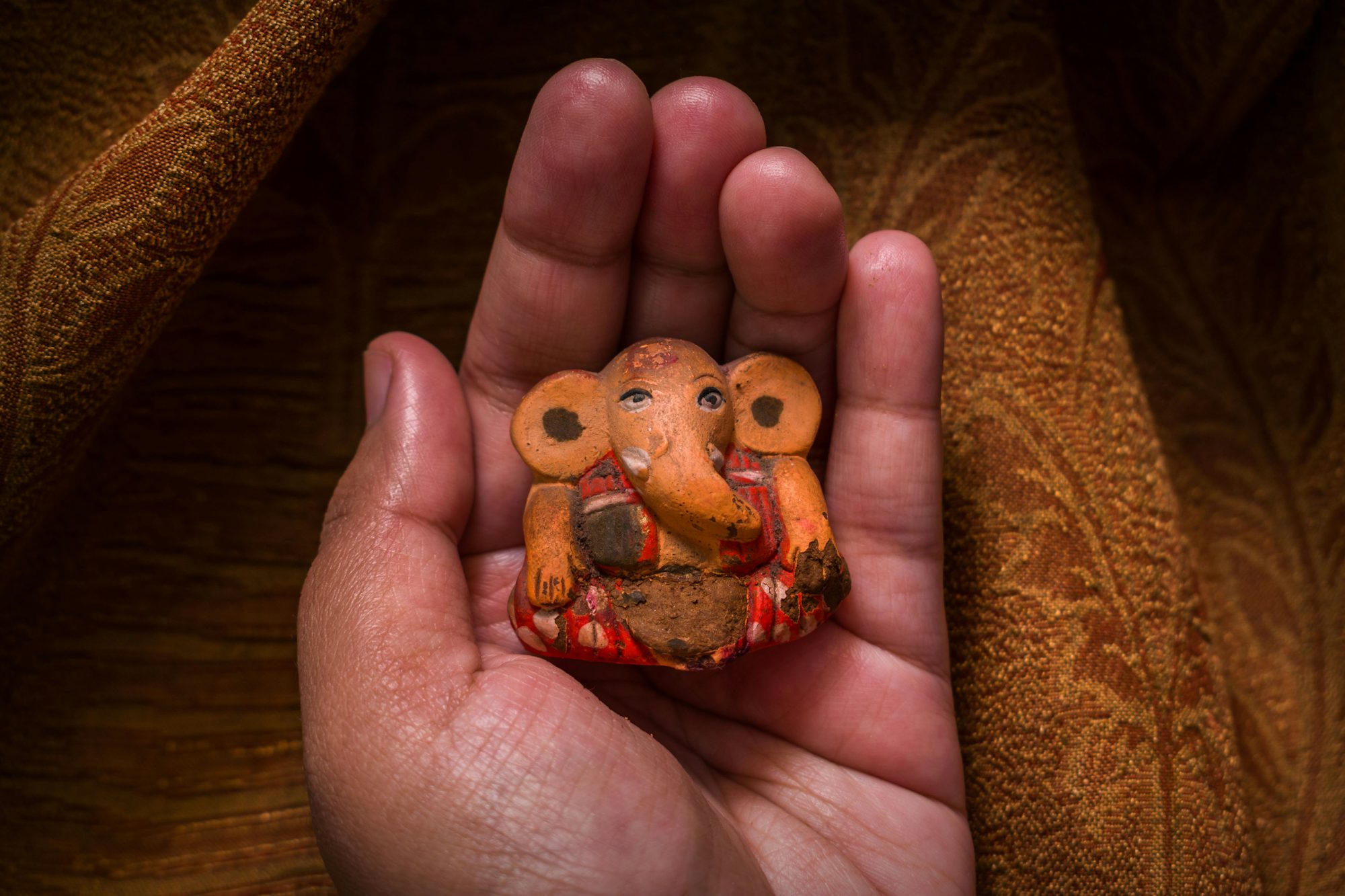Cultural Festivals: Celebrating Heritage and Community Around the World
This article explores the significance of cultural festivals globally, highlighting their role in preserving traditions, fostering community, and promoting understanding among diverse vacation cultures.
One of the most renowned cultural festivals is Diwali, celebrated by millions across the globe. Also known as the Festival of Lights, Diwali symbolizes the victory of light over darkness and good over evil. Families come together to decorate their homes with oil lamps, candles, and colorful rangoli designs, while sharing festive meals and sweets. The sense of joy and community during Diwali is palpable, as neighbors exchange greetings and partake in communal celebrations. This festival not only reinforces familial bonds but also invites individuals of different backgrounds to participate, promoting inclusivity and understanding.
Similarly, the Chinese New Year is a spectacular celebration that marks the beginning of the lunar calendar. With its vibrant parades, dragon dances, and fireworks, this festival is a feast for the senses. Families gather to honor their ancestors, share traditional dishes, and exchange red envelopes filled with money as symbols of good luck. The Chinese New Year serves as an opportunity for cultural exchange, as people from various backgrounds come together to appreciate the richness of Chinese traditions. This festival highlights the importance of honoring one's heritage while embracing the diversity of global cultures.
In Europe, Oktoberfest in Munich, Germany, stands out as a celebration of Bavarian culture. Known primarily for its beer, this festival also showcases traditional German music, food, and customs. Visitors from around the world flock to Munich to experience the lively atmosphere filled with laughter, singing, and dancing. Oktoberfest brings people together, encouraging camaraderie and shared enjoyment. The festival's emphasis on community and celebration of local culture exemplifies how cultural festivals can create lasting memories and connections.
The Carnival of Venice is another enchanting cultural festival that captivates visitors with its elaborate masks and costumes. This event dates back centuries and celebrates the beginning of Lent. Participants don ornate masks and participate in grand balls and parades, immersing themselves in a world of fantasy and history. The Carnival fosters a sense of community, as both locals and tourists join in the revelry, celebrating the unique heritage of Venice. The artistry involved in creating masks and costumes highlights the importance of craftsmanship and creativity within cultural traditions.
In South America, the Rio Carnival is perhaps the most famous festival, attracting millions to the streets of Brazil. Known for its vibrant samba parades, colorful costumes, and energetic music, this festival epitomizes the spirit of Brazilian culture. Participants and spectators alike immerse themselves in the festivities, celebrating life and community through dance and rhythm. The Rio Carnival serves as a powerful reminder of the importance of cultural expression, showcasing the rich diversity and creativity found within Brazil's traditions.
In addition to celebrating specific cultural identities, festivals also play a crucial role in promoting understanding and respect among different communities. Events like the International Festival of Arts and Ideas in New Haven, Connecticut, bring together artists, thinkers, and performers from various backgrounds to share their work and ideas. This festival fosters dialogue and collaboration, encouraging attendees to engage with diverse perspectives and experiences. Such initiatives underscore the role of cultural festivals in bridging gaps and building connections across communities.
Cultural festivals also provide a platform for preserving and revitalizing traditions that might otherwise be forgotten. For instance, the Sziget Festival in Hungary is a celebration of music, art, and cultural diversity. Beyond its lineup of international artists, the festival emphasizes local traditions and crafts, offering workshops and exhibitions that showcase Hungarian heritage. By incorporating traditional elements into modern celebrations, festivals like Sziget help keep cultural practices alive, ensuring they are passed down to future generations.
Moreover, food plays a central role in many cultural festivals, serving as a means of connecting individuals to their heritage. The Taste of Chicago, for instance, showcases the diverse culinary landscape of the city, highlighting dishes from various cultures that have influenced its gastronomic identity. Food festivals often invite attendees to explore different flavors and learn about the stories behind each dish, fostering appreciation for cultural diversity through culinary experiences. This celebration of food not only delights the palate but also serves as a reminder of the interconnectedness of cultures through shared meals.
As the world becomes increasingly globalized, the importance of cultural festivals cannot be overstated. They serve as a vital link to our roots, allowing individuals to celebrate their identity while embracing the richness of other cultures. In a time when understanding and respect are essential, cultural festivals provide a space for dialogue, collaboration, and appreciation of diversity. They remind us that, despite our differences, we all share the same human experience, rooted in traditions, stories, and celebrations.
In conclusion, cultural festivals are more than just events; they are vibrant expressions of identity, heritage, and community. From Diwali to the Rio Carnival, these celebrations bring people together, foster understanding, and preserve traditions. They play a significant role in promoting inclusivity and respect among diverse cultures, creating lasting memories for all who participate. As we continue to celebrate cultural festivals around the world, let us embrace the beauty of diversity and the connections they create, enriching our lives and the communities we inhabit.